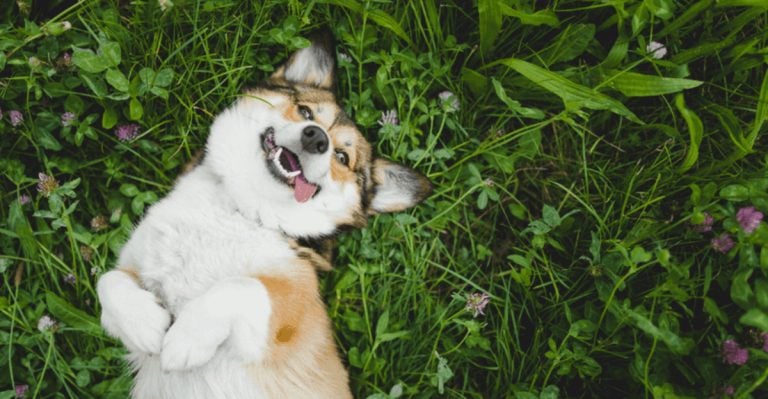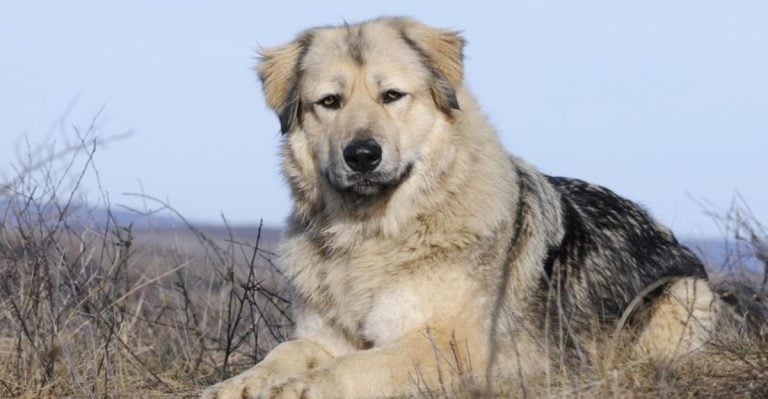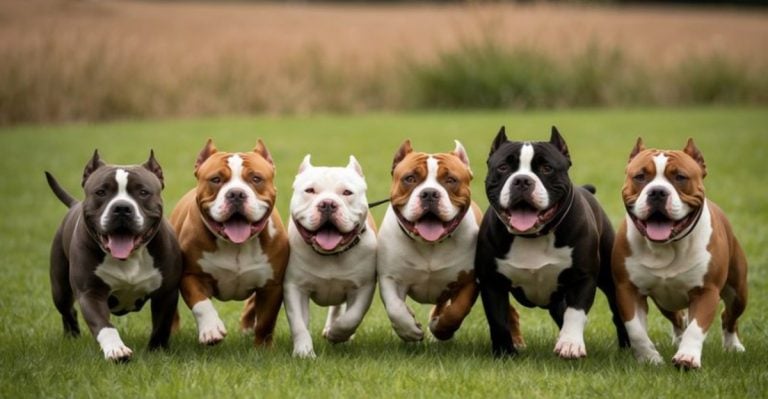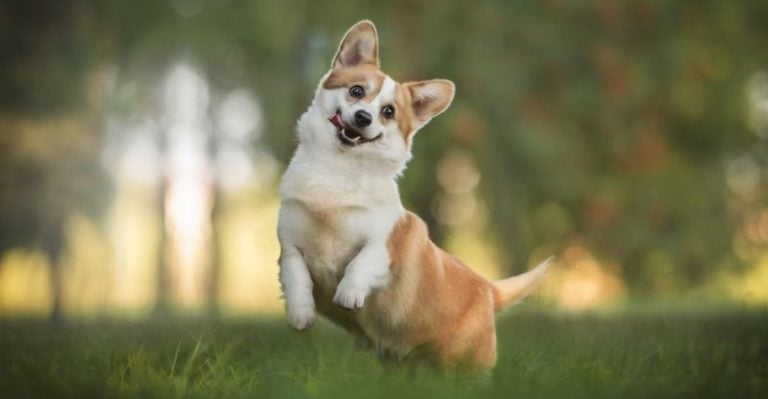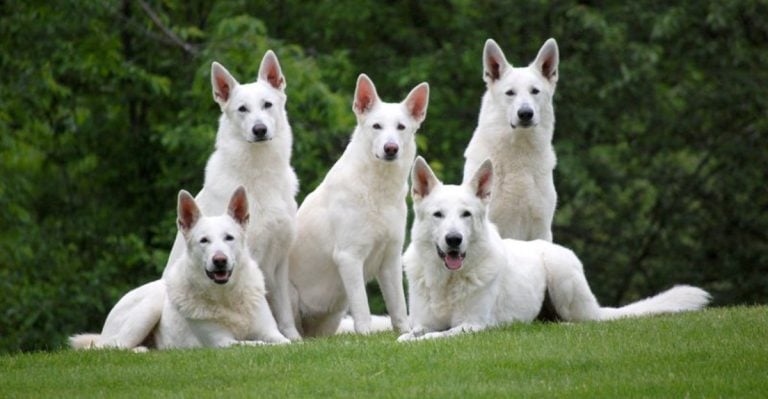15 Independent Dog Breeds That Play by Their Own Rules
Dogs are known for their loyalty and companionship, but some breeds march to the beat of their own drum. These independent canines have minds of their own, often making decisions without waiting for human approval. If you’re looking for a four-legged friend with a streak of independence, these self-sufficient breeds might be just what you need – though be prepared for some amusing stubbornness along the way!
1. Shiba Inu

Often described as “cat-like,” Shiba Inus are notorious for their independent spirits and cleanliness. They’ll groom themselves meticulously and decide when they want attention – not the other way around.
These ancient Japanese dogs possess a bold confidence that borders on arrogance. They’re intelligent problem-solvers who might choose to ignore your commands if they’ve got something better in mind.
Despite their stubborn streak, Shibas form deep bonds with their families. They just prefer to do it on their own terms, with plenty of personal space and respect for their autonomy.
2. Afghan Hound

With flowing locks that would make a supermodel jealous, Afghan Hounds carry themselves with regal detachment. These ancient sighthounds weren’t bred to wait for human instructions – they hunted by making split-second decisions on their own.
Behind their elegant appearance lies a sensitive soul that bonds deeply but selectively. Don’t expect an Afghan to come running when called if something more interesting catches their attention.
Training requires patience and creativity, as commands are treated as suggestions rather than rules. Their independent thinking was once crucial for survival in Afghanistan’s harsh mountains.
3. Basenji

Nicknamed “the barkless dog,” Basenjis communicate through unique yodels and expressive faces when they feel like sharing their thoughts. These ancient African hunters maintain a dignified distance even from their favorite humans.
Curious and clever, Basenjis approach training sessions as negotiations rather than obedience classes. They’ll weigh your requests against their own priorities before deciding whether to comply.
Their self-grooming habits and naturally clean nature make them low-maintenance physically, but their independent minds require mental stimulation. Without proper challenges, they’ll create their own entertainment – often at your expense!
4. Akita

Loyalty runs deep in the Akita’s blood, but so does a fierce independence that dates back to their samurai-era origins. These powerful Japanese dogs form unbreakable bonds with their families while maintaining a reserved dignity.
An Akita doesn’t need constant reassurance or direction – they assess situations and make judgment calls on their own. Their protective instincts kick in naturally without commands.
Famous for their stubborn determination, Akitas respect owners who respect them. Harsh training methods backfire spectacularly with these proud dogs who never forget a slight. Their independence requires an owner confident enough to be a partner, not just a boss.
5. Chow Chow

With their distinctive lion-like appearance and blue-black tongues, Chow Chows have personalities as unique as their looks. These ancient Chinese dogs approach life with a serious, almost judgmental attitude.
Chows form deep attachments but show affection on their terms – usually through quiet presence rather than enthusiastic displays. They’re naturally suspicious of strangers and make decisions about who deserves their attention.
Their independence manifests as stubborn determination once they’ve made up their minds. Early socialization helps channel their autonomous nature positively, though they’ll always maintain that characteristic Chow reserve and self-sufficiency.
6. Siberian Husky

Born to run across vast Arctic expanses making their own decisions, Siberian Huskies bring that independent spirit into modern homes. Their mischievous eyes often sparkle with plans that might not align with yours.
Huskies approach commands as optional suggestions rather than requirements. Their pack mentality means they respect leadership but constantly test boundaries to see if they can move up the ranks.
These escape artists view fences as personal challenges rather than boundaries. Their independent problem-solving skills – originally needed for survival in harsh conditions – now translate to figuring out how to raid the refrigerator or embark on neighborhood adventures without permission.
7. Saluki

Among the world’s oldest dog breeds, Salukis carry themselves with quiet dignity born from thousands of years of independent hunting. These desert sighthounds were treasured by Egyptian pharaohs for their ability to think and hunt autonomously.
Gentle yet aloof, Salukis bond deeply but maintain an elegant reserve. Their independent hunting heritage means they’ll chase anything that moves without waiting for permission.
Training requires respect for their intelligence and sensitivity. Harsh methods crush their spirit, while partnership-based approaches earn their cooperation. Their independent assessment of situations makes them poor candidates for blind obedience but perfect for thoughtful companionship.
8. Alaskan Malamute

Bred by the Mahlemut Inuit tribe to haul heavy loads across frozen landscapes, Malamutes developed incredible self-sufficiency. Their powerful bodies match equally powerful minds that assess situations before deciding whether to follow directions.
Unlike more obedient working breeds, Malamutes question why they should perform tasks. They’re partnership-oriented rather than blindly obedient, expecting to be treated as equals in the family pack.
Their independence shows in their problem-solving abilities – from figuring out complex puzzles to escaping seemingly secure yards. Despite their stubborn streak, Malamutes form deep bonds with their families, showing affection through playful antics and gentle leaning.
9. Shar-Pei

Behind those distinctive wrinkles lies a mind that thinks for itself. Originally bred as guard dogs in China, Shar-Peis maintain a protective independence that makes them excellent watchdogs but challenging companions.
Reserved and dignified, they approach life with a serious attitude. Their loyalty runs deep, but they’re selective about who receives their affection and respect.
Shar-Peis have excellent memories and hold grudges when treated unfairly. Their independent assessment of situations means they respond best to consistent, fair leadership rather than dominance. These ancient dogs prefer making their own decisions about who belongs in their territory.
10. Greyhound

Don’t let their reputation as racers fool you – off the track, Greyhounds are surprisingly independent loungers. These ancient sighthounds were bred to make split-second hunting decisions without human input, a trait still evident in their calm self-sufficiency.
Greyhounds approach life with a quiet dignity, choosing when to engage and when to observe. Their famous “45mph couch potato” nickname comes from their ability to switch between independent bursts of energy and contented relaxation.
While affectionate with their families, they maintain a polite reserve that respects personal space. Their independent nature makes them adaptable to various lifestyles, as they’re content doing their own thing.
11. Shih Tzu

Don’t let their small size and luxurious coats fool you – behind those adorable eyes lies a stubborn streak a mile wide. Bred as companions for Chinese royalty, Shih Tzus never forgot their noble heritage.
These little dogs have spent centuries being pampered and making their own rules. They form loving bonds but maintain a distinctly independent outlook on which commands are worth following.
Their charming personalities often get them out of trouble when their independent choices land them in hot water. While they enjoy cuddles and companionship, many Shih Tzus decide when affection happens – approaching life with a “you may now pet the emperor” attitude.
12. Pekingese

Once forbidden for anyone outside the Chinese Imperial court to own, Pekingese dogs still carry themselves with regal independence. These little lions make their own choices about when to be affectionate and when to maintain dignified distance.
Their self-important attitude comes from centuries of being treated as sacred creatures rather than mere pets. Training a Pekingese means convincing them that following directions aligns with their own best interests.
Despite their stubborn streak, they form deep bonds with their chosen people. Their independent nature makes them excellent apartment dwellers who don’t need constant attention or direction – they’re perfectly capable of entertaining themselves.
13. Tibetan Mastiff

Developed to guard livestock independently in the harsh Himalayan mountains, Tibetan Mastiffs still approach life with autonomous confidence. These massive guardians don’t wait for instructions when they sense a threat – they act on their own judgment.
Their independent thinking served them well in remote areas where they often worked without human guidance for days. This self-reliance translates to a dog that respects partnership rather than submitting to dominance.
Tibetan Mastiffs assess situations carefully before deciding how to respond. Their intelligence is matched by a stubborn streak that can frustrate unprepared owners. Despite their independence, they form profound bonds with their families while maintaining their natural guardian instincts.
14. Borzoi

Favored by Russian nobility for centuries, Borzois maintain an elegant independence that borders on aloofness. These sighthounds were bred to chase game across vast Russian plains, making split-second decisions without handler input.
Their quiet, thoughtful demeanor masks a mind that constantly assesses situations. Borzois form loving bonds but maintain a dignified reserve that respects personal boundaries – both theirs and yours.
Training challenges arise from their independent assessment of whether commands are worth following. Their selective hearing isn’t stubbornness but a remnant of their heritage as independent hunters. Despite their autonomous nature, Borzois are surprisingly sensitive to harsh corrections.
15. Australian Cattle Dog

Developed to work cattle across vast Australian ranches with minimal human direction, these dogs bring problem-solving independence to everything they do. Their intense focus and decision-making abilities made them invaluable to ranchers in the outback.
Australian Cattle Dogs assess situations and take initiative without waiting for commands. This autonomy made them perfect for the challenging Australian terrain where handlers couldn’t always be present.
Their independent thinking requires mental challenges to prevent boredom. Without proper outlets, they’ll create their own projects – usually involving rearranging your belongings or redesigning your garden. Their loyalty is unquestionable, but they expect to be treated as working partners rather than subordinates.

